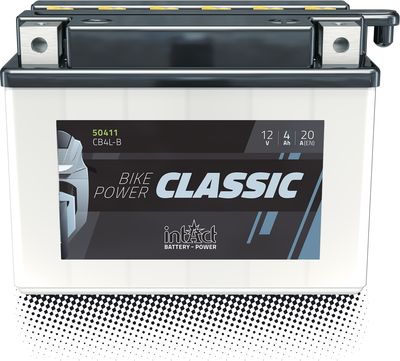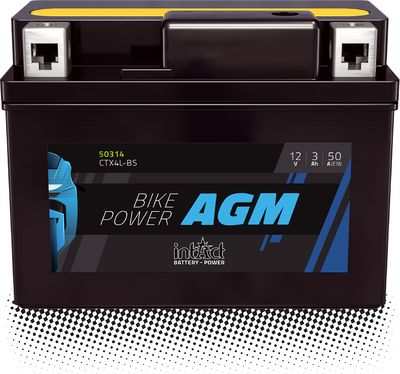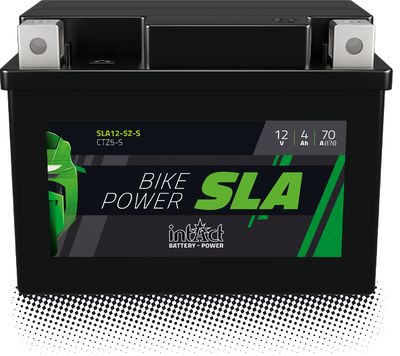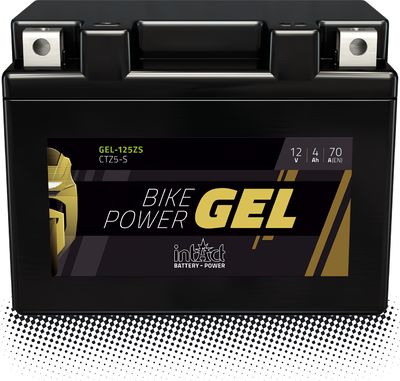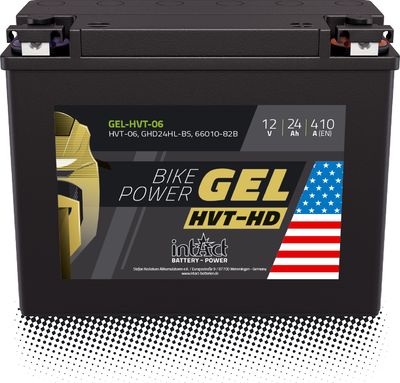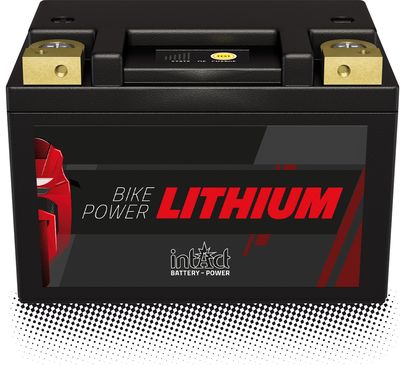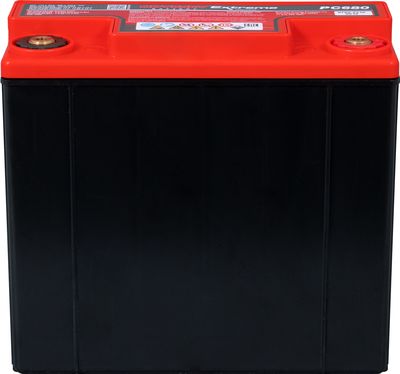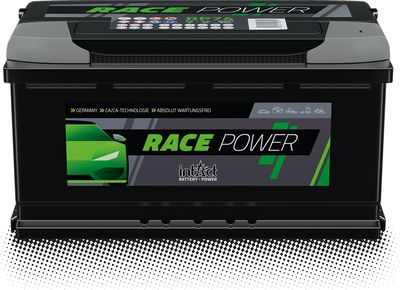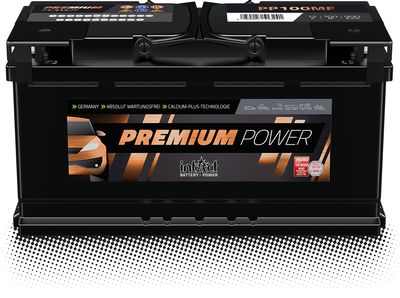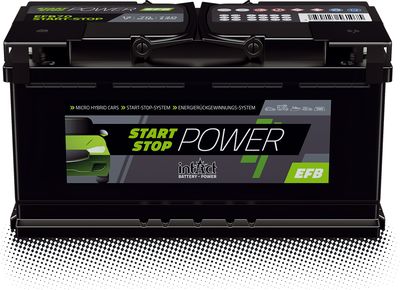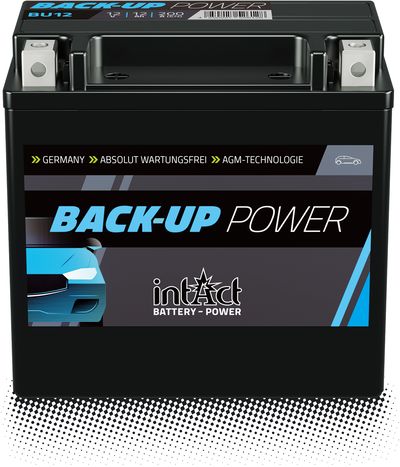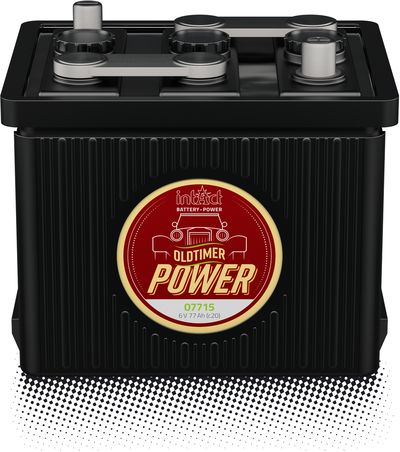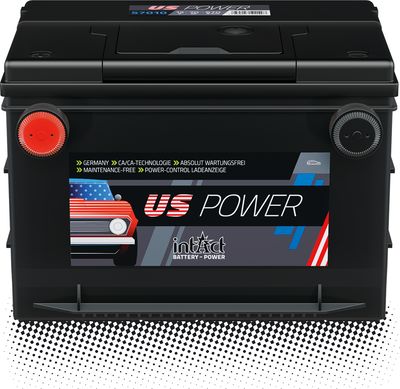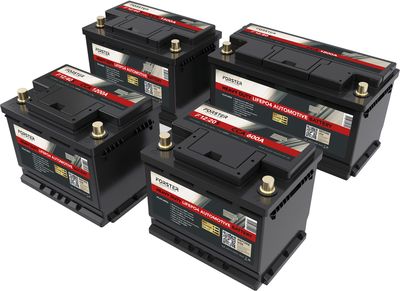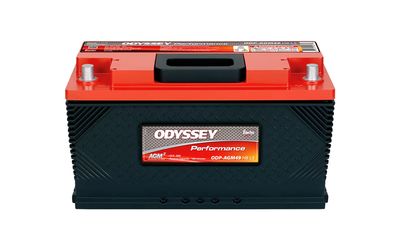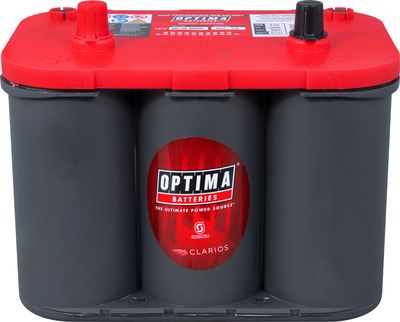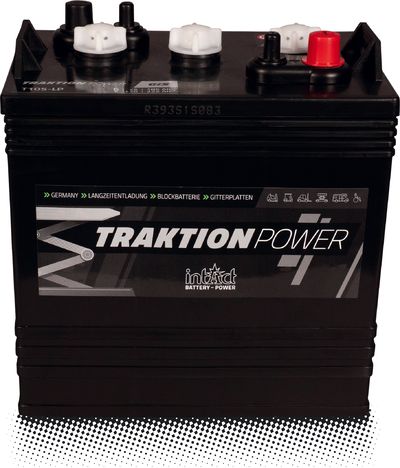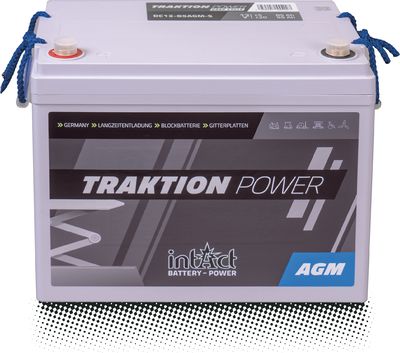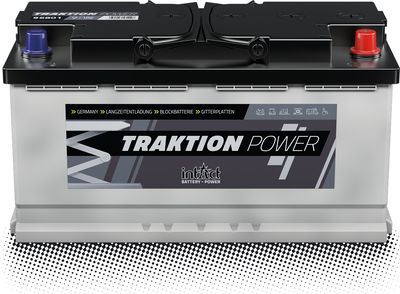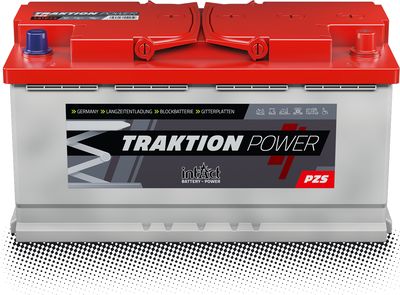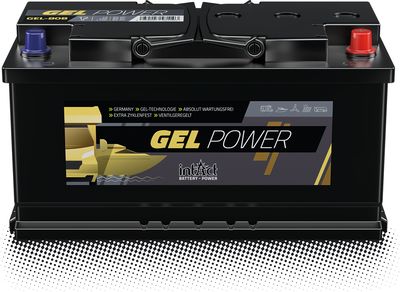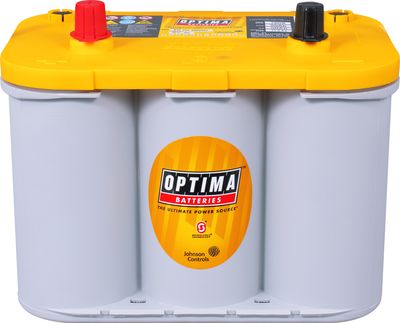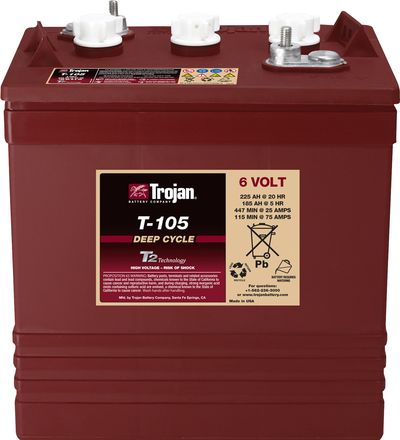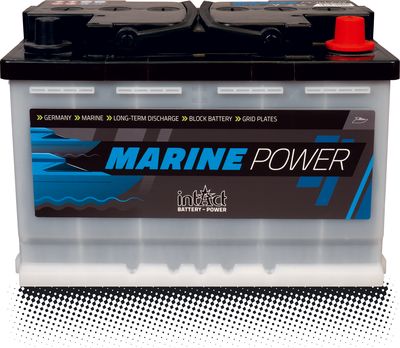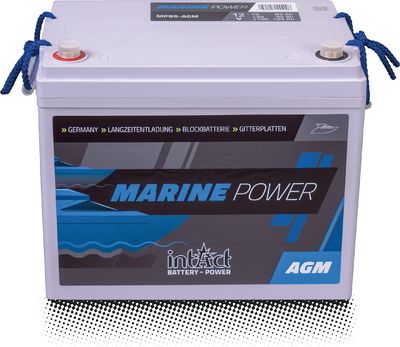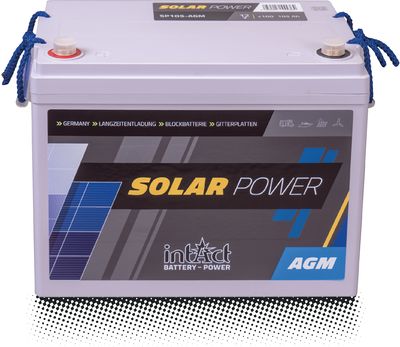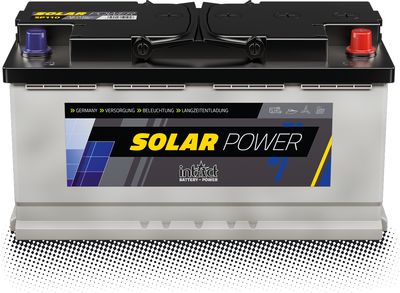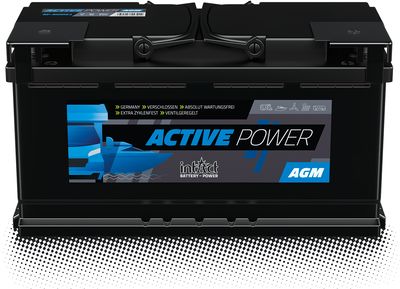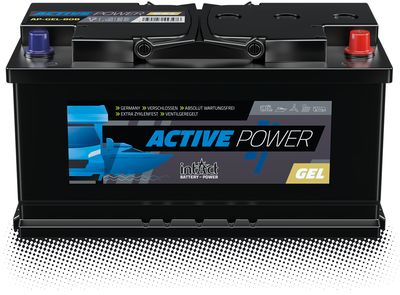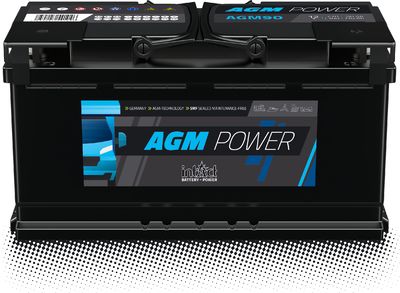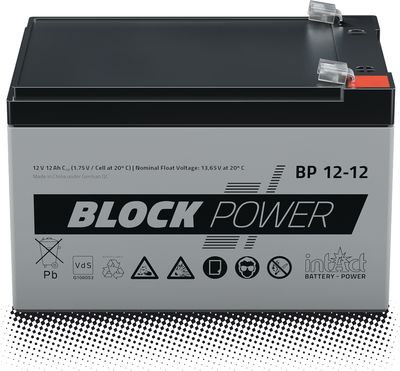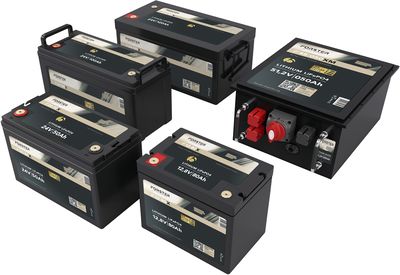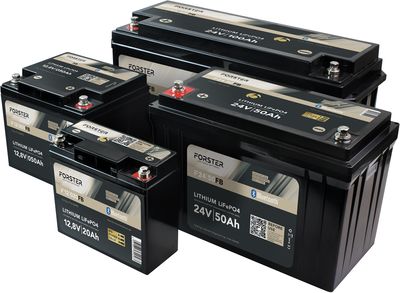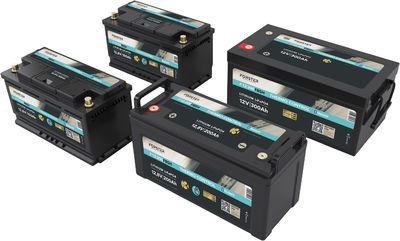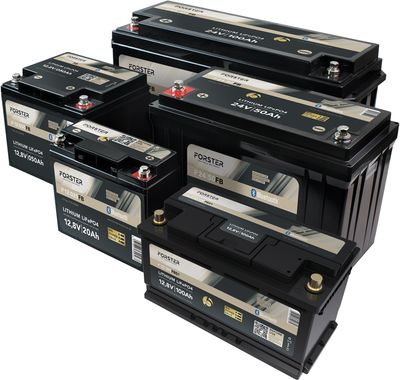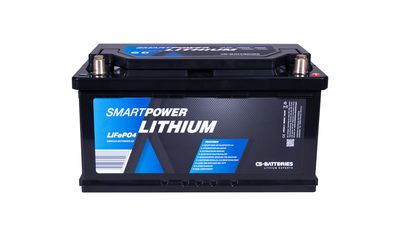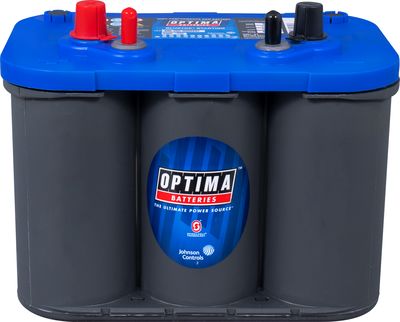Battery care
What influence does
temperature have on batteries?
The fact that batteries start worse in winter becomes an issue again every fall. But what about heat? Do traction and supply batteries also work worse in the cold? And why should you do something in the summer so that your battery also works in the winter?
What influence does the temperature have on batteries?
Sloth or hyperactive?
The higher the temperature, the faster the chemical reaction in the battery. The lower, the slower. For the battery, this means that it produces more electricity in summer than in winter. So in summer it is hyperactive in winter it is more like a sloth.
With consequences for performance, capacity and service life
If the reaction is faster, the battery also gases significantly more. This causes electrolyte loss and thus faster aging. The connected loads also suffer from the fast reaction, because they receive more current than intended. But cold is also bad. The consumers need the same current as at moderate temperatures, while the battery's performance is reduced. It reaches its limits and may even be overloaded.
Avoid extreme conditions
The comfortable temperature, and the temperature to which testing is carried out according to DIN and EN, is 40 Gad to -20 degrees. In this temperature range, the reaction takes place in an orderly manner. Of course, this applies to starter applications just as much as to traction and supply systems. In electric cars, the effect of cold on mileage is particularly noticeable.
Applies of course also when loading
If you want to charge a battery in winter, for example, you should not do it at -8 degrees outside, directly on the car. It is better to remove the battery, let it come to room temperature and only then connect the charger. Only then can the battery absorb the charge and carry out the corresponding chemical reaction in an orderly manner.
Counteract where possible
For the user, the task remains to look at "Can I influence anything?" I can't influence the installation space in the car. If the battery sits directly on the engine block, then I can only try to avoid the temperature effects that occur there with auxiliary means. A sealed battery, for example, loses significantly less electrolyte at high temperatures. On the other hand, a protective film for batteries can reduce temperature loss when used in cold regions.
Battery care = precaution
A well-maintained battery is the best precaution against damage caused by temperature influences. If the battery is usually well charged, overloading due to excessive current draw has little chance. Any sulfate that forms is regularly removed. If the battery is protected from overheating due to solar radiation in summer, it still has enough power for starting and driving in winter.
We can't turn off the sun and ice. For the rest remains: Eyes on the battery purchase. When choosing the right battery, be sure to consider the operating conditions.
